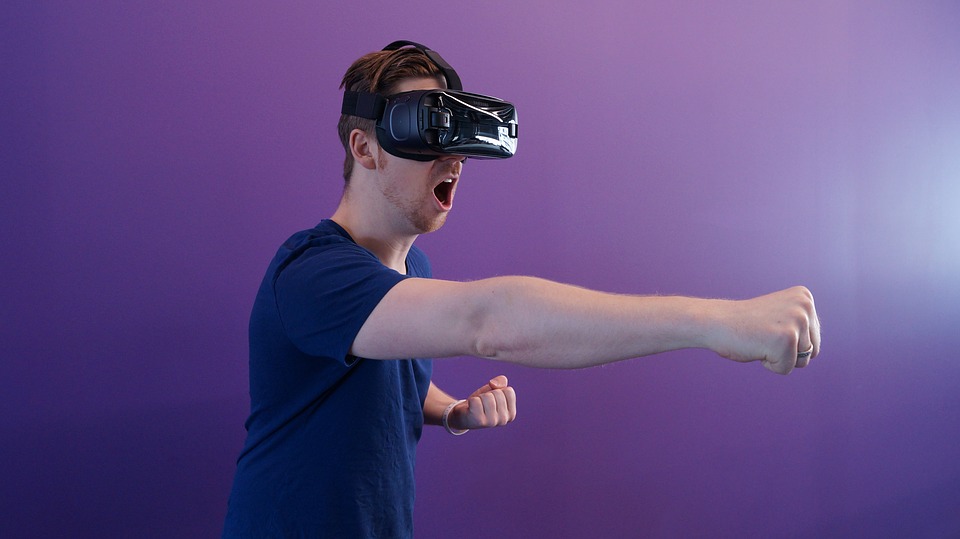4 Ways to Use VR Technology in Your Company
For firms that are looking for innovative strategies for upgrading their marketing, solidifying their branding, boosting their engagement and streamlining their processes, there is nothing more exciting than the evolving Virtual Reality (VR) technology.
With the explicit purpose of creating a virtual environment where users can interact and participate in a thoroughly immersive way, VR is becoming more and more valuable to in-the-know firms.
If you are interested in making your firm run more efficiently and effectively, then read on for –
4 ways to use VR technology in your company
#1. For more efficient employee training
Whether your firm operates in retail, hospitality, industry, education, or something else, VR has the possibility to transform how your new employees are trained, and how your veteran employees are taught.
By putting your workers in specific environments, you can train them how to respond and act in potential situations without endangering your equipment or jeopardizing the individual — something that is impossible in the real world. For example, healthcare professionals can practice procedures in a risk-free setting, and retail workers can prepare ways to remain calm under stressful customer conditions.
What’s more, you can seamlessly and quickly train new employees as they merely have to wear a VR headset or operate an app on their smartphone.
VR technology makes for better-prepared employees as they can obtain information that is pertinent to their job while also developing a variety of skills — from day one.
#2. For more effective maintenance, design and prototyping
Frequently, industrial operations or production and project developments comprise of elaborate processes that can be challenging to comprehend and describe to another. Luckily, VR technology can help reduce this difficulty.
Through VR technology, firms can generate relevant, cost-effective modeling as paper designs are transformed into immersive VR simulations. For example, architects can utilize VR technology to escort clients through a configuration prior to it being constructed — no longer are costly, full-scale prototypes of plans necessary.
This, in turn, provides a way to have a more cost-efficient and effective process for maintenance, design, and prototyping.
#3. For enhancing shoppers’ experiences
As retail stores eagerly brainstorm ways to keep consumers visiting and to improve overall marketing strategies, VR technology offers some creative possibilities as it can invigorate emotional stimuli which are essential for playing to consumers’ emotions.
One approach is “try-before-you-buy” which enables potential customers to examine various options before committing to a purchase. By granting them this opportunity, consumers do not have to guess or internally imagine the product or item.
VR can also help companies provide better customer service as it enables both the shopper and the representative to see the same thing — aiding them in finding a solution quicker.
As long as brands can see the potential for VR and are creative with their thinking, these are just two out of a (seemingly) unlimited number of ways to use VR to enhance a shopper’s experience.
#4. For creating engaging presentations
Last, but by no means the least, VR can be incorporated into presentations to provide a more engaging experience. Whether it is utilized to ensure that investors and shareholders are adequately presented with information, to make data visualization more detailed, or simply to guarantee that everyone is paying attention, VR is a way to take your presentations to the next level.
VR is thrilling. It is riveting. It is engaging, and it is easily accessible for the presenter.
However, you opt to use it, using VR is a surefire way to make a memorable (in a good way) impression on your audience.
If you are interested in introducing this game-changing technology into your office, contact one of the top virtual reality companies in Dubai (or wherever you are located) to learn more about potential options.
Has your company started to integrate VR technology into your workplace? If so, how is it transforming the business? If not, what is stopping you? Let us know your thoughts and comments concerning VR technology in the comments below!
- 4 Ways to Use VR Technology in Your Company - February 6, 2019




